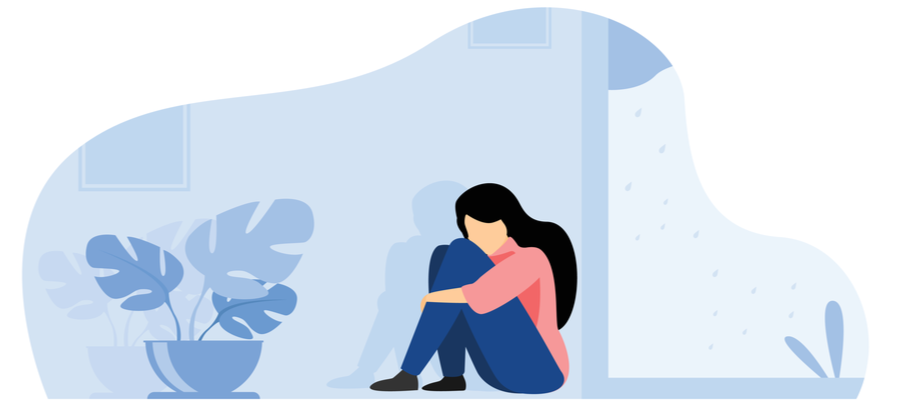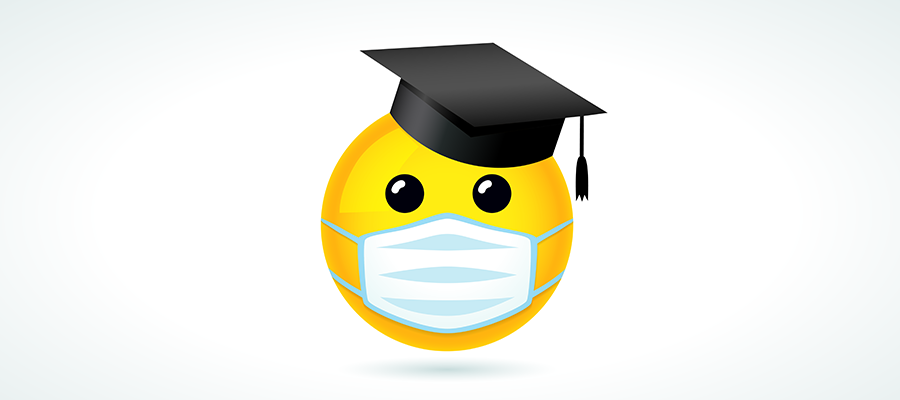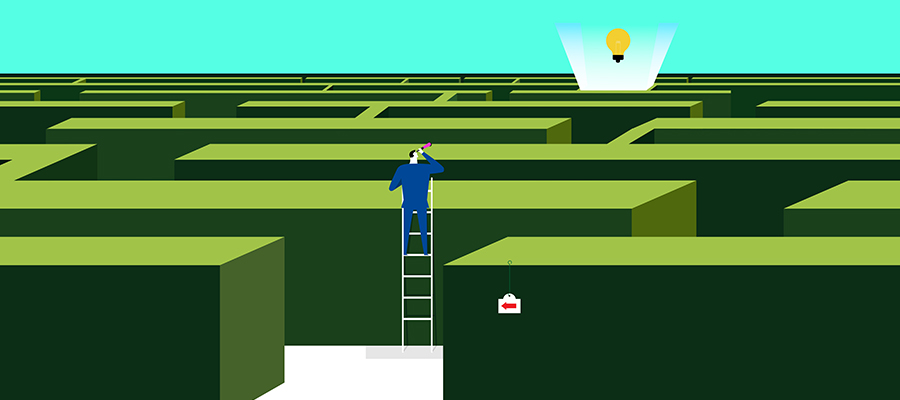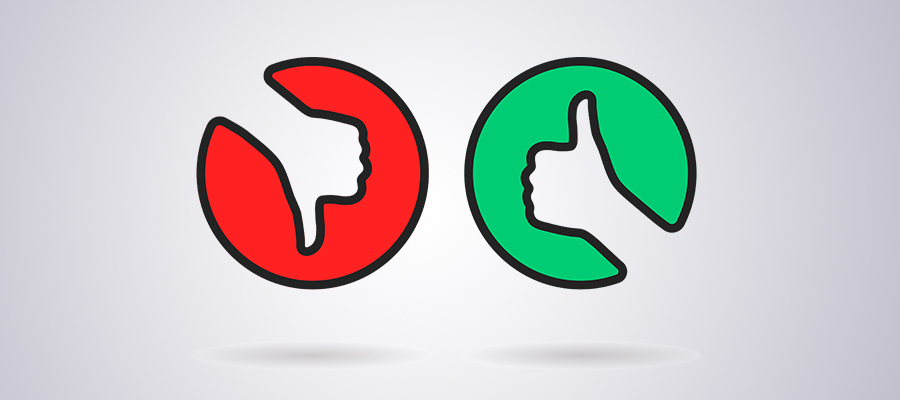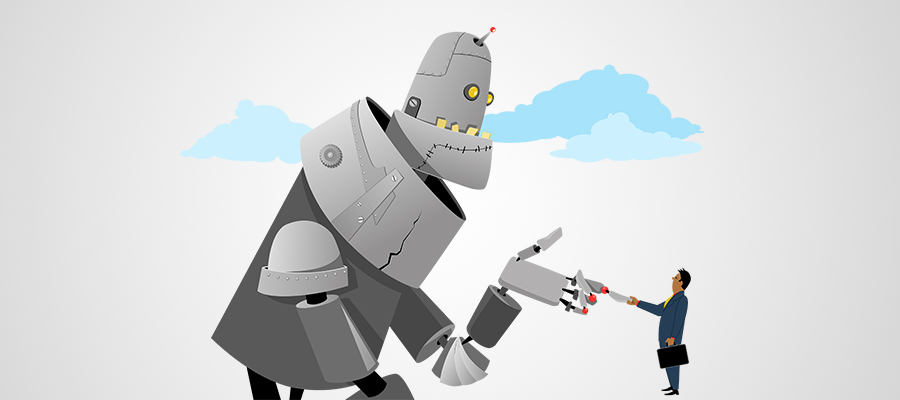If We’re “All in This Together,” Why Do I Feel So Alone?
Occasionally, that’s what this pandemic-inspired solitude feels like: a punishment. And what’s more upsetting than a punishment for a crime you did not commit? Such are the conditions that many students and educators have endured for almost a year. It is easy to think of remote learning—specifically, remote learning that is not “voluntary”—as something of a relegation into unfamiliar educational territory.

